Pages for Prosperity: Raising the Floor | NGIN Book Club
Written by Mari Kate Mycek and Betsey Suchanic
Our Content this Session
This quarter, the NGIN team voted to watch the documentary “Raising the Floor,” which follows the people of Chelsea, Massachusetts, and their innovative policy to support community members during the COVID-19 pandemic. The film is an inspiring portrayal of a community that came together to ensure that everyone could stay healthy and have the food they needed during an incredibly difficult time – Chelsea, MA, was a COVID-19 hotspot. During the onset of the pandemic, city leaders reacted quickly and developed CHELSEA EATS, the largest basic income pilot in American history. 2,000 Chelsea residents were given direct monthly payments of up to $400 with no strings attached.
This documentary was closely related to the communities that NGIN works with, particularly our Small and Midsized City Hub. Chelsea, MA, has a population of 38,637. As we learned through the film, their economic reality made them particularly impacted by the pandemic. Still, their unique ability to catalyze city leaders and community organizations reminds us of the strengths and capacities of cities this size to pilot, model, and create more equitable economies.
Our discussion of the film allowed us as a team to further refine and understand “What is inclusive economic development?” and how guaranteed income programs fit within this model.
The Power of Community
One of the most impactful parts of the film for our team was how quickly this community could roll out such an expansive and innovative program. We are no strangers to how long decisions can take to be made, and there is often a long delay between planning and implementing something. The community's cohesiveness allowed for a program to be created and rolled out fast, in a big part because everyone seemed to care deeply about one another.
Additionally, it was easy to see through the film that the program's benefits were not just on an individual level. Yes, people bought essential goods for themselves and their families that they couldn’t afford otherwise. Those people also predominately spent that money at locally owned businesses, which supported their neighbors and other community members. A highlight of the film for me was the story of a man who used the payment to buy food from a locally owned restaurant in his neighborhood. It was a good reminder of how many businesses struggled and closed during COVID-19 and how impactful those dollars are to local business owners. The money given out acted as a multiplier effect, helping local businesses and the local tax base.
Data-Driven Policy
Another thing that resonated with our team was their use of data as part of storytelling. Researchers at a local university were able to develop a research program and evaluate the success of CHELSEA EATS, and these statistics and stories were woven throughout the documentary. As a team, whether qualitative or quantitative data, we believe that inclusive economic development uses data equitably and allows data to inform decision-making. The municipal leaders in Chelsea used data to understand that they would have a more positive and larger impact in their community using a guaranteed income program rather than running a large-scale free food service. The data behind this is what helped convince everyone it was worth trying. They also could see the impact of these dollars in their community with the help of their university partner, highlighting the power those dollars had in real-time. Learn more about this program evaluation in this report.
Concluding Thoughts
At the end of the session, we did not have a clear-cut answer as a group on whether Guaranteed Income Programs are a part of inclusive economic development. Some believed wholeheartedly that they were and reminded the group that so many people have had access to government assistance in our history (i.e. the GI Bill and the Homestead Act of 1862). Others believed these programs could be a part of inclusive economic development if they were paired with other policies and programs for a holistic approach for a region or community. Others were less convinced that these programs belong in this field at all, whether because they focus more on the individual rather than the community, or other reasons.
The discussion allowed the team to push at the edges of our understanding and learn new perspectives. We recommend this film for anyone interested in learning more about guaranteed income programs.
Want to bring this discussion to your organization or community?
As NGIN convenes these discussions among team members to learn more about inclusive economic development, we wanted to share our discussion materials, questions, and takeaways with our broader network. As you feel it’s relevant to your organization, partners, or community, please feel free to download and host a Pages for Prosperity discussion.
At NGIN, we grapple with topics relating to equitable economic development every day in both our professional and personal lives, from the communities we work alongside to the businesses we shop at. As a team, we wanted to create a way to explore different topics and experiences within the realm of inclusive growth that are not necessarily part of our everyday projects. Additionally, as a fully remote team, we are always exploring ways to build new ways to connect and grow together. Our first step was to create a team book club, Pages for Prosperity.
This year, we are convening our team for quarterly discussions to dive into and discuss various books, podcasts, articles, films, and other content related to inclusive economic development. Facilitated by Mari Kate Mycek and Betsey Suchanic, Pages for Prosperity operates in much the same way as a typical book club, with team members submitting discussion materials and voting to select that quarter’s topic.

